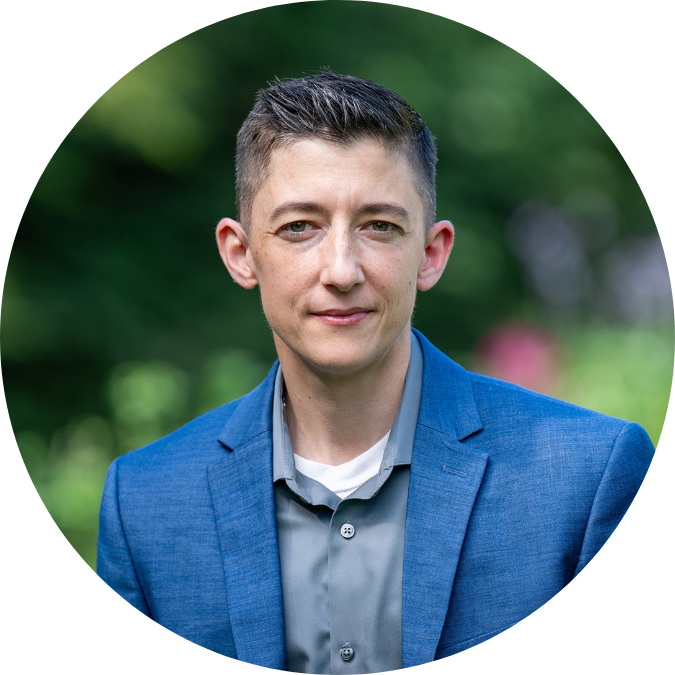Perry Zurn | "Curiosity: It's Orientations and Disorientations"
 Why study curiosity? Studying curiosity gets at the heart of how we construct (and contest) our knowledge environments—and therefore our worlds. In this talk, I begin by contextualizing the project of curiosity studies. I then turn to the orientations and disorientations that, I believe, should mark not only our study of curiosity but also our practice of curiosity. Curiosity is orienting and gets oriented. It points us in a direction, within an inherited system of roads and landmarks. Who asks questions, how, and about what is informed by our social political contexts (and struggles). But curiosity is also disorienting and can be disoriented. When we are curious, we often find ourselves losing our feet and the ground we thought certain crumbles beneath us. This step is important for liberatory projects, but also for grappling with a mysterious world. Attending to the how and why of dis/orientations is a crucial ethos of curiosity itself.
Why study curiosity? Studying curiosity gets at the heart of how we construct (and contest) our knowledge environments—and therefore our worlds. In this talk, I begin by contextualizing the project of curiosity studies. I then turn to the orientations and disorientations that, I believe, should mark not only our study of curiosity but also our practice of curiosity. Curiosity is orienting and gets oriented. It points us in a direction, within an inherited system of roads and landmarks. Who asks questions, how, and about what is informed by our social political contexts (and struggles). But curiosity is also disorienting and can be disoriented. When we are curious, we often find ourselves losing our feet and the ground we thought certain crumbles beneath us. This step is important for liberatory projects, but also for grappling with a mysterious world. Attending to the how and why of dis/orientations is a crucial ethos of curiosity itself.
Perry Zurn is Provost Associate Professor of Philosophy at American University. He researches primarily in political philosophy, critical theory, and LGBTQ (especially trans) studies, and has collaborated in psychology and network neuroscience. Author or editor of 8 books and more than 100 essays, Zurn’s work on curiosity includes Curiosity and Power: The Politics of Inquiry (2021), Curious Minds: The Power of Connection (2022), and Curiosity Studies: A New Ecology of Knowledge (2020).